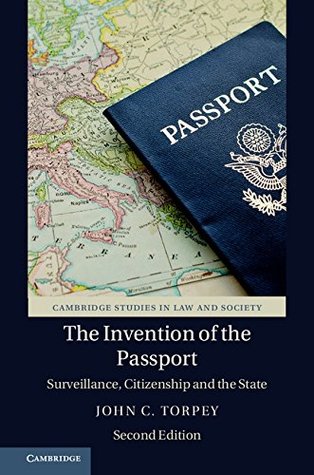Not without reason, the revolutionary leadership regarded the émigrés – as potential enemies of the revolution in league with the king, reactionary priests and nobles, and foreign powers – as a profound threat to its survival.26 And of course there were many others who were viewed with suspicion, and hence as deserving of surveillance and sharpened control. A notion of “foreignness” underlay this attitude, but it was not the same as that now-familiar version that reflects the rivalries of narcissistic nation-states. In his famous pamphlet “What is the Third Estate?” of January 1789, the Abbé
...more
Welcome back. Just a moment while we sign you in to your Goodreads account.


